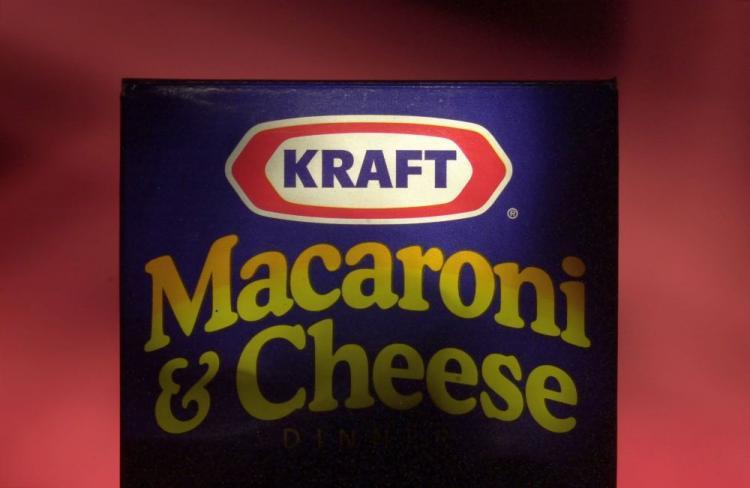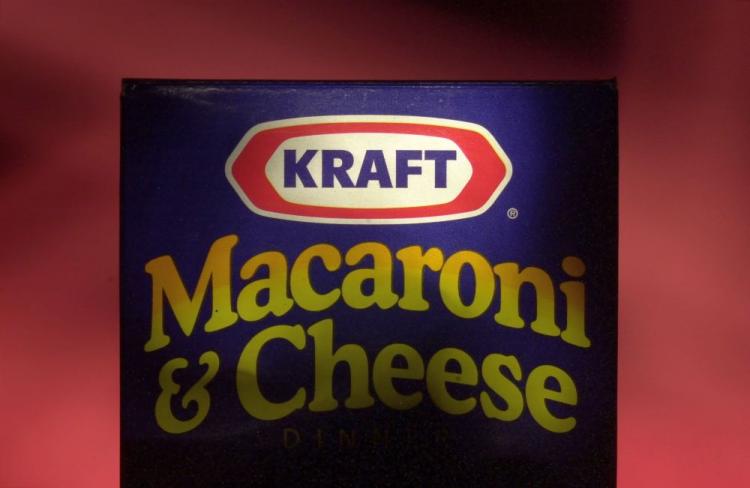NEW YORK—Kraft Foods Inc. on Monday officially launched a hostile takeover bid in an effort to acquire the venerable British confectionary and beverage company Cadbury PLC.
Appealing directly to Cadbury shareholders, Kraft stuck to its original 9.8 billion pound (US$16 billion) cash and stock deal announced in September. While Cadbury rejected the offer two months ago, the hostile takeover bid sets in motion a new tussle for control that could last for months.
“We remain convinced of the strategic merits for both companies of combining Kraft Foods and Cadbury,” said Irene Rosenfeld, CEO of Kraft Foods, in a press statement. “We believe that our proposal offers the best immediate and long-term value for Cadbury’s shareholders and for the company itself compared with any other option currently available, including Cadbury remaining independent.”
The London-based Cadbury—formerly known as Cadbury Schweppes PLC prior to 2008—makes Cadbury Dairy Milk chocolate, candies, Trident gum, and other snack and beverage products.
Kraft, which produces confectionary as well as Nabisco snacks, is offering 300 pence and 0.2589 Kraft share for each Cadbury share, or a little below Cadbury’s closing price last Friday.
Kraft shares dropped 25 cents (0.93 percent) to $26.53 in Monday trading. The U.S. shares of Cadbury increased by 21 cents (0.42 percent).
In a statement, Cadbury Chairman Rogar Carr rejected the proposal and urged shareholders to do the same, calling Kraft’s bid a lowball offer.
“Kraft’s offer does not come remotely close to reflecting the true value of our company, and involves the unattractive prospect of the absorption of Cadbury into a low growth conglomerate business model,” Carr said in a statement. “I am confident Cadbury will deliver significant value—which should accrue wholly to our shareholders.”
Kraft has about a month to officially post an offer bid to Cadbury shareholders, which grants it a 60-day window of review under U.K. securities laws.
Together, Cadbury and Kraft would become the world’s largest confectionary maker, with a 14.8 percent market share, according to Credit Suisse research. That would be 0.2 percent higher than Mars Inc., the leading candy maker.
This week, Kraft secured the necessary financing to make the deal. Citigroup Global Markets Inc., Deutsche Bank Securities Inc., and HSBC Securities Inc. provided a $9.2 billion senior term loan to finance the purchase and restructure certain Cadbury debt.
Now, it’s all up to Cadbury shareholders.
Appealing directly to Cadbury shareholders, Kraft stuck to its original 9.8 billion pound (US$16 billion) cash and stock deal announced in September. While Cadbury rejected the offer two months ago, the hostile takeover bid sets in motion a new tussle for control that could last for months.
“We remain convinced of the strategic merits for both companies of combining Kraft Foods and Cadbury,” said Irene Rosenfeld, CEO of Kraft Foods, in a press statement. “We believe that our proposal offers the best immediate and long-term value for Cadbury’s shareholders and for the company itself compared with any other option currently available, including Cadbury remaining independent.”
The London-based Cadbury—formerly known as Cadbury Schweppes PLC prior to 2008—makes Cadbury Dairy Milk chocolate, candies, Trident gum, and other snack and beverage products.
Kraft, which produces confectionary as well as Nabisco snacks, is offering 300 pence and 0.2589 Kraft share for each Cadbury share, or a little below Cadbury’s closing price last Friday.
Kraft shares dropped 25 cents (0.93 percent) to $26.53 in Monday trading. The U.S. shares of Cadbury increased by 21 cents (0.42 percent).
In a statement, Cadbury Chairman Rogar Carr rejected the proposal and urged shareholders to do the same, calling Kraft’s bid a lowball offer.
“Kraft’s offer does not come remotely close to reflecting the true value of our company, and involves the unattractive prospect of the absorption of Cadbury into a low growth conglomerate business model,” Carr said in a statement. “I am confident Cadbury will deliver significant value—which should accrue wholly to our shareholders.”
Kraft has about a month to officially post an offer bid to Cadbury shareholders, which grants it a 60-day window of review under U.K. securities laws.
Together, Cadbury and Kraft would become the world’s largest confectionary maker, with a 14.8 percent market share, according to Credit Suisse research. That would be 0.2 percent higher than Mars Inc., the leading candy maker.
This week, Kraft secured the necessary financing to make the deal. Citigroup Global Markets Inc., Deutsche Bank Securities Inc., and HSBC Securities Inc. provided a $9.2 billion senior term loan to finance the purchase and restructure certain Cadbury debt.
Now, it’s all up to Cadbury shareholders.






